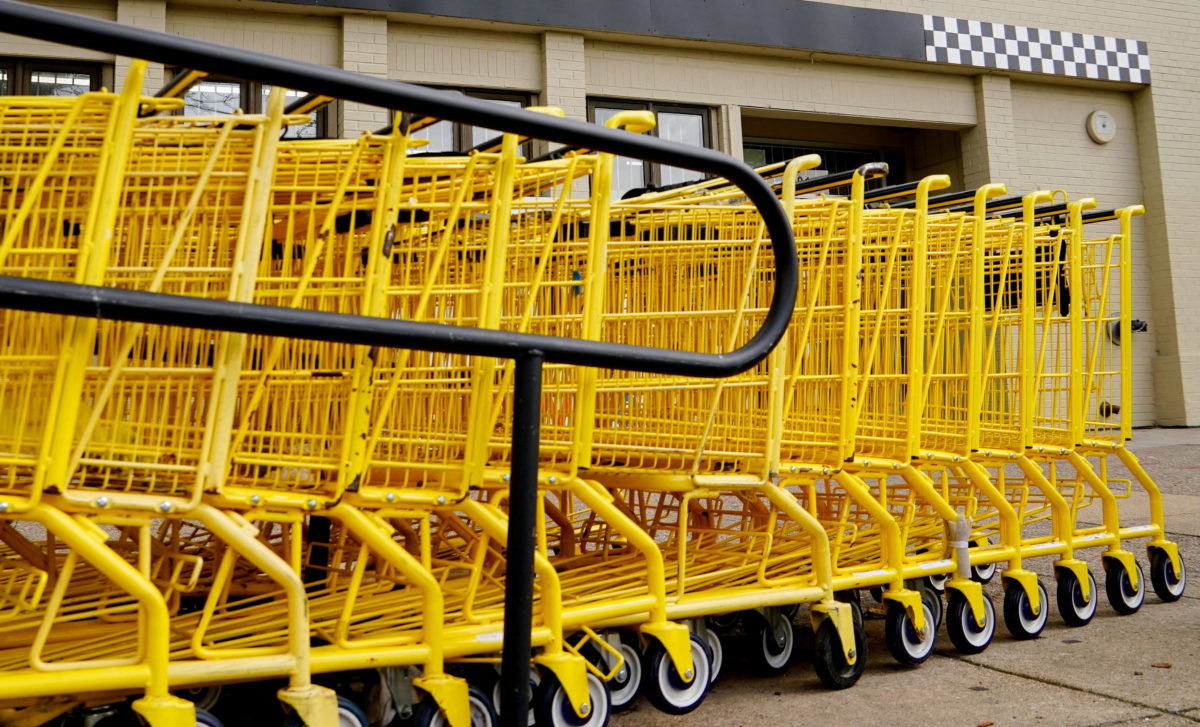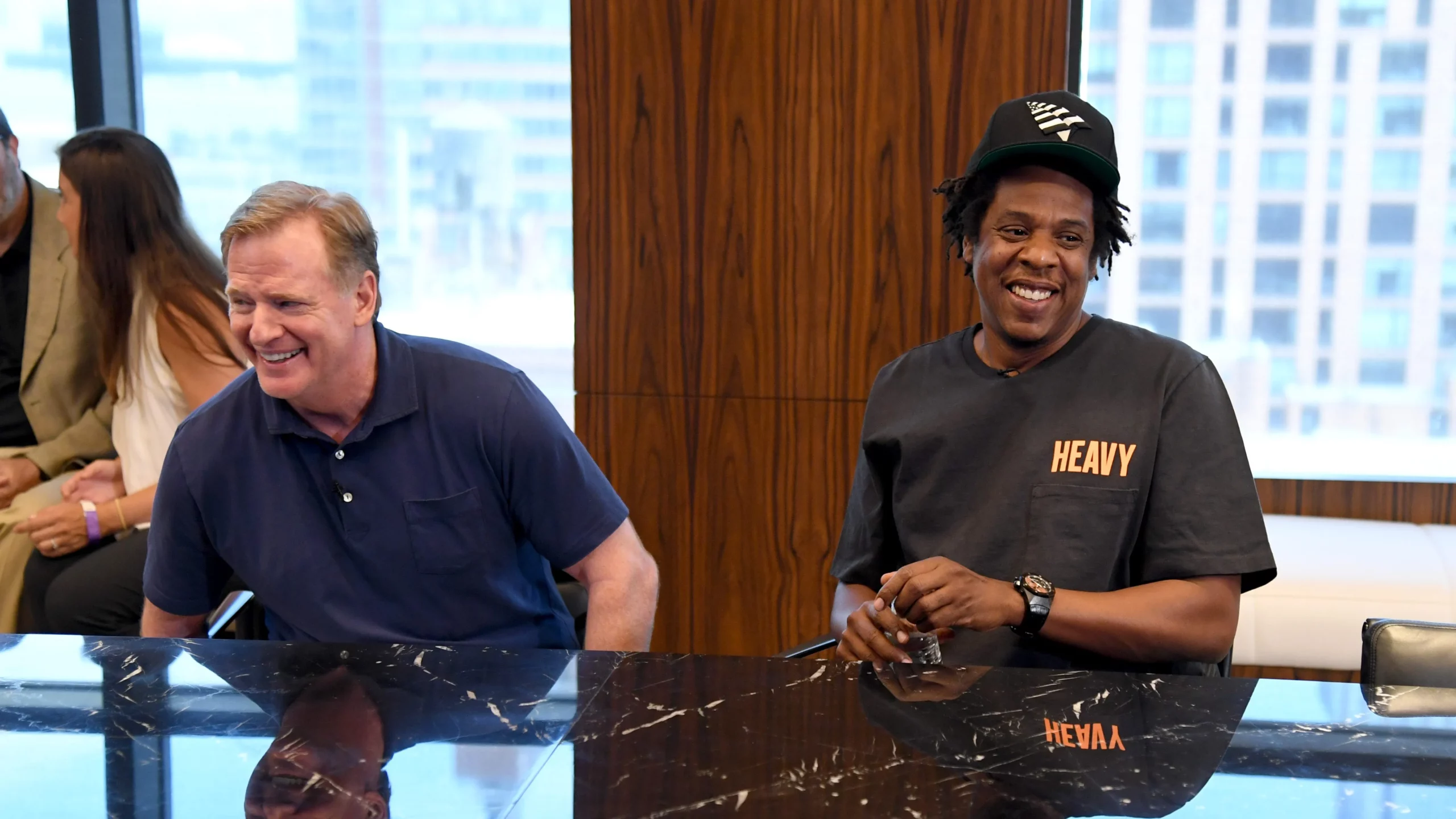A grassroots group is urging U.S. residents to skip spending money this Friday, Feb. 28 as a form of “economic resistance” to protest the growing influence of billionaires, big corporations, and both political parties on the lives of everyday working Americans.
The People’s Union USA is calling it a “24-hour economic blackout,” starting at midnight and ending at 11:59 p.m. EST. The idea has spread across social media, sparking conversation. Along with the one-day blackout, the group is planning weeklong boycotts of companies like Walmart and Amazon.
Other activists, faith-based leaders, and consumers are also planning boycotts, particularly targeting companies that have scaled back their diversity, equity, and inclusion (DEI) programs. There’s also growing pushback against former President Donald Trump’s attempts to eliminate federal DEI policies. Some religious leaders are urging their followers to avoid shopping at Target, which has been scaling back its DEI initiatives, during the 40 days of Lent starting this Wednesday.
Here’s a breakdown of what’s happening and whether these efforts could really shift corporate practices.
Who’s behind the “24-hour Economic Blackout”?
The People’s Union USA, the group behind the no-spend day, was founded by John Schwarz, a meditation teacher from the Chicago area. The group claims it’s nonpartisan, advocating for the people, not any specific political side. They didn’t respond to comment requests, but their website emphasizes their commitment to all Americans, not just one party.
The blackout is set for this Friday, from midnight to 11:59 p.m. EST. The group is encouraging participants to avoid spending money—whether in-store or online, but especially from large corporations or chain stores. They also suggest skipping fast food and gas stations but recommend supporting small, local businesses if you need essentials.
The group is also planning another economic blackout on March 28 and organizing boycotts of specific retailers like Walmart and Amazon. For Amazon, they’re urging people not to shop at Whole Foods, which Amazon owns.
What other boycotts are in the works?
In addition to the blackout, a number of other boycotts are being organized, especially against Target. The retailer, which had previously supported DEI initiatives, recently scaled them back, prompting backlash. A labor group called We Are Somebody, led by Nina Turner, kicked off a boycott of Target on February 1 in conjunction with Black History Month.
An Atlanta pastor, Rev. Jamal Bryant, has launched a website, targetfast.org, calling for a 40-day boycott of Target starting March 5, which marks the beginning of Lent. Other faith leaders have joined in.
Rev. Al Sharpton, founder of the National Action Network, has announced that his organization will target two companies in the next 90 days for pulling back on their DEI commitments.
Trump’s attempts to cut federal DEI funding have sparked this movement, and Sharpton’s group is determined to push back by voting with their wallets. “Trump can cut federal DEI programs to the bone, but he can’t tell us where to shop,” Sharpton said.
Will these efforts make a difference?
Experts say the economic impact of Friday’s blackout may be felt slightly by some retailers, but it’s hard to say how much. With inflation and other pressures already weighing on consumer sentiment, a one-day boycott might cause only a small dent in sales.
Marshal Cohen, a retail expert at Circana, believes any noticeable drop in sales would likely be confined to liberal-leaning areas or large cities. “The market is just too big for this to have a massive impact,” he said.
Anna Tuchman, a marketing professor at Northwestern University, thinks the blackout will show that consumers have a voice for a day but won’t lead to sustained changes in spending behavior. “It’s unlikely this will create long-term decreases in consumer activity,” she said.
However, other boycotts have had mixed results.
Target faced a sales decline in 2023, partly due to backlash over a Pride Month collection honoring LGBTQ+ communities. In response, the company chose not to carry similar merchandise in all its stores the following year.
Tuchman also looked at the Goya Foods boycott in 2020 after its CEO praised Trump. Her research showed that while sales surged initially, they didn’t last long, as many Goya buyers came from conservative areas and the sales spike didn’t hold.
On the other hand, Bud Light saw its sales plummet in 2023 after it sent a can to a transgender influencer. The brand hasn’t fully recovered, possibly because there are plenty of alternative beer options for its conservative customer base.
Afya Evans, a political and image consultant in Atlanta, plans to participate in the boycott this Friday, focusing on small businesses and Black-owned brands. She’s curious to see how impactful this could be. “It’s a broader thing. Let everybody participate and see what happens,” she said.
In the end, it’s unclear whether these boycotts will change much in the long run, but the message is clear: consumers are looking to make their voices heard by voting with their wallets.




